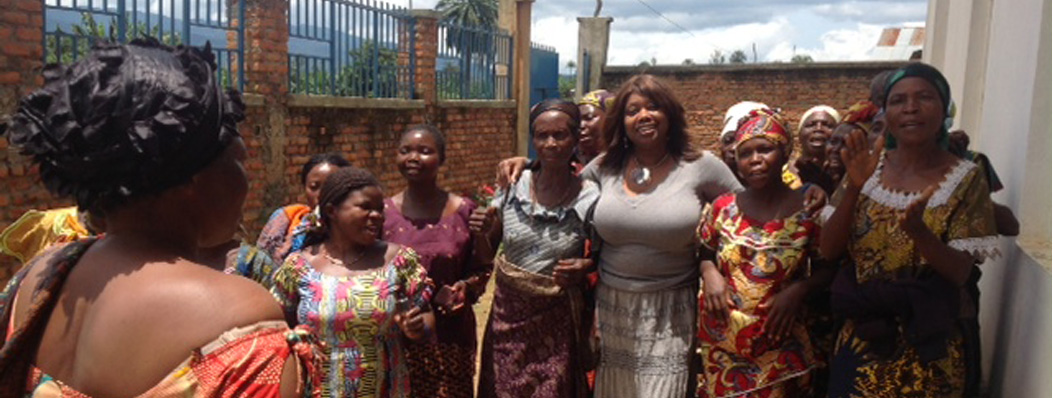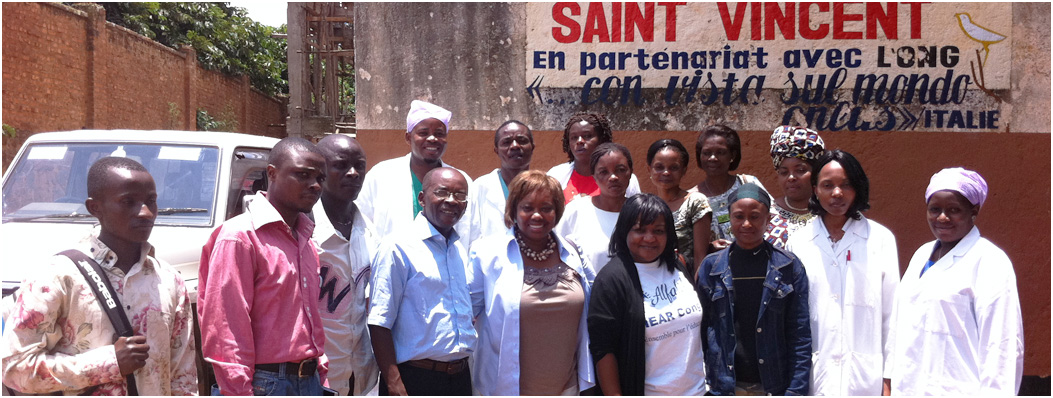The World Health Organization said Friday the West Africa Ebola outbreak has killed more than 3,000 people and infected more than 6,500.
The U.S. is sending 3,000 military personnel to build 17 treatment facilities in the weeks ahead, but there’s only a handful there now.
The military eventually hopes to provide 1700 new beds for patients and train up to 500 local health care workers each week.
Dr. Paul Farmer co-founded Partners in Health, an organization that helps build health care systems in developing nations. He was recently in Liberia and met with President Ellen Johnson Sirleaf.
What it will take to end the Ebola epidemic
There seems to be a disconnect in numbers of hundreds of thousands of people being infected, and the possibility of 1700 more treatment beds.
“Seventeen-hundred more treatment beds does not seem like a lot to me, when you’re talking about a potential need of that scale, so I think there is a mismatch in the math,” said Farmer.
But even if there were enough supplies, Farmer says much more needs to be done to bring the Ebola epidemic under control in a region with broken health care.
“To stop it you have to do two things at once. You have to respond to the emergency, the crisis,” said Farmer. “But also to build a really strong public health system that can go all the way from villages and communities to hospitals. That’s a tall order.”
New therapies and vaccines are being developed. But they won’t be available for many months, says Ebola researcher Thomas Geisbert of the University of Texas Medical Branch.
Dr. Paul Farmer with Liberian President Ellen Johnson Sirleaf
“The goal at this point is to contain it, isolate, quarantine the affected people,” said Geisbert. “That’s the more important thing that can be done right now, more so than the vaccines or the treatment. I’m not sure that they will be available really to manage this current outbreak.”
“We know how to prevent Ebola,” said Farmer. “What we need to do is apply that knowledge to building health care systems and to financing. We can do that.”
Farmer believes the mortality rate can be dramatically lowered with modern treatments like IV fluids.
He said an improved survival rate would help convince frightened victims to seek help rather than staying at home, where they often spread the virus to caregivers.
© 2014 CBS Interactive Inc. All Rights Reserved.










